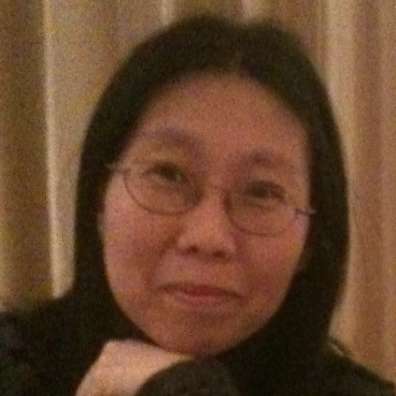The final of the 10th Handel Singing Competition (part of the London Handel Festival) was an all girls’ affair: of the five finalists, three were sopranos and two mezzo-sopranos. Each singer performed a 20 minute all-Handel programme of her own choice. Choosing a well-balanced programme is considered a vital part of this final presentation. Also, as Ian Partridge, the Chairman of the Jury, emphasized before the prize-giving ceremony, the jury looks not only for a beautiful voice but for imagination, ornamentation and a natural style in singing Handel.
The Canadian soprano Stefanie True, who won the first prize (Adair Prize), certainly possessed all these qualities. Even though she sang first, she showed no signs of nerves and gave an assured and polished performance of “Vaghe perle” from the opera Aggripina. This was followed by a lively account of “Se giunge un dispetto” (also from the same opera) in which she displayed beautifully-controlled coloratura with imaginative embellishments in the da capo section, as well as a sonorous top range. She also excelled in English repertoire: the popular aria “Capricious Man” from Saul was sung with attention to the text. Judging from her biography she has already performed widely and I felt that her experience showed through.
The soprano Keri Fuge, the recipient of the second prize (Michael Oliver Prize), was particularly impressive in terms of vocal quality and dynamic range. She chose two large-scale pieces: the sublime “So shall the lute and harp awake” from Judas Maccabeus and Cleopatra’s moving recitative and aria “Se pieta” from the last act of Giulio Cesare. The former showed off her sprightly coloratura, whereas “Se pieta” was given a very dramatic and passionate reading. At times her voice had too much vibrato for this repertoire, but it was beautifully controlled and projected and I am sure she will make a good opera singer (and not restricted to Handel).
The audience’s favourite, judging from the applause, was without doubt the mezzo-soprano Emilie Alford, currently studying at the Opera School of the Royal College of Music. Dressed in a smart trouser suit, her singing of Xerxes’ aria “Crudele furie degli orridi abissi” was suitably heroic and was presented with confidence. On the other hand, I felt that Theodora’s aria “With darkness deep as is my woe” lacked emotional depth, although it showed off her velvety low range. Her last aria, “Sento brillar nel sen” from Il Partor Fido, was stylishly sung, in particular the ornamentation in the da capo section. She seemed at ease and engaged the audience most, and deserved her audience prize.
Of the two other finalists, the Irish mezzo-soprano Rachel Kelly is still young and less experienced than the others, but definitely has potential. She sang her ambitious programme including “Doppo notte” from Ariodante and “Cara speme” from Giulio Cesare with sincerity and a rich tone, although I wanted more colour in her voice. The New Zealand soprano Carleen Ebbs sung with intensity and panache but I found her voice slightly hard-edged. The aria “Un cenno leggiadreddo” from Xerxes could have been sung with more light-heartedness, and “Credente al mio dolore” from Alcina (with the lovely cello obligato) was elegantly performed but didn’t quite convey the grief.
This was the third time I had attended the final of the Handel Singing Competition, which has previously produced such talented singers as Andrew Kennedy, Lucy Crowe, Iestyn Davies and Tim Mead (they were not necessarily winners). Interestingly, in all the occasions I’ve attended, the audience prize was not given to the first or second prize winners. It seems to me that the audience favours voice quality and also how the singer engages the audience, whereas the jury (this year including such distinguished interpreters of the repertoire as Michael George and Michael Chance) looks at the singers from a more professional angle including vocal technique, stylistic understanding and interpretation. Some in the audience seemed surprised at the results, although Stefanie True was my personal choice. In any case, I think the audience prize is important because it gives them a voice too.
A warm mention must go to the director Laurence Cummings and the indefatigable and experienced London Handel Orchestra (led by the versatile Adrian Butterfield) who gave such wonderful and stylistic support to all the singers and produced a real concert atmosphere. It will be a pleasure to watch and support these singers as they embark on their careers.


